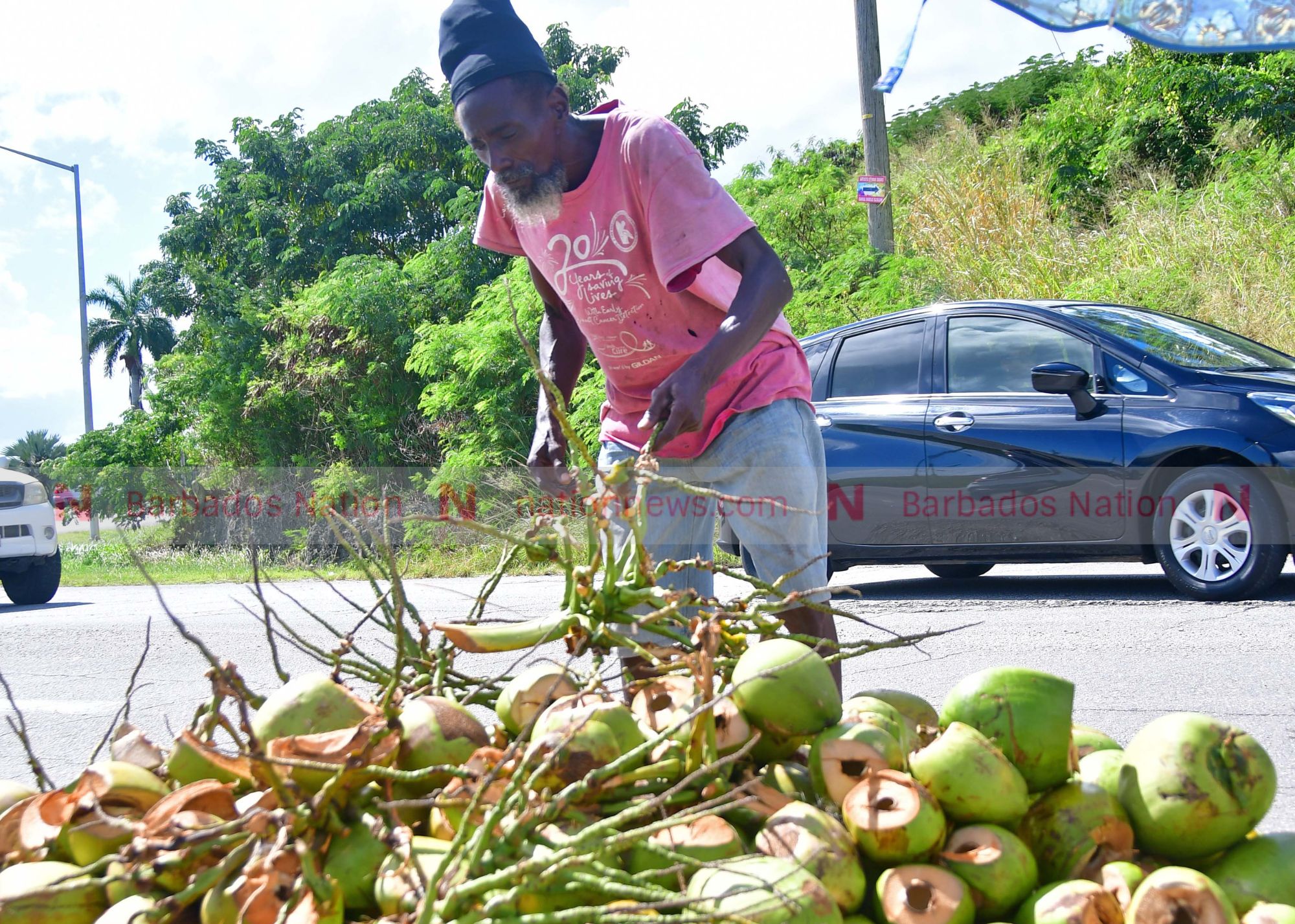Scores of Chinese construction workers were rescued from slavery-like conditions at a BYD factory site in Brazil, according to authorities. BYD plans to terminate its contract with Jinjiang Construction.
Some 163 Chinese nationals were rescued after they were found working in “slavery-like” conditions at a construction site in northeastern Brazil, where Chinese electric vehicle company BYD is building a factory, authorities said on Tuesday.
The Labour Prosecutor’s Office said the workers had been hired in China by Jinjiang Construction Brazil, one of the contractors on the site, which is located in Camaçari, a city in the Salvador metropolitan region.
Officials said Jinjiang Construction Brazil had confiscated the workers’ passports and held 60% of their wages. Those who quit would be forced to pay the company for their airfare from China and their return ticket, the statement said.
The prosecutor’s office released videos of the dorms where the construction workers were staying. The footage showed beds without mattresses and rooms without places for the workers to store personal belongings.
BYD, which stands for Build Your Dreams, is one of the world’s largest producers of electric cars. The company said on Monday night that it would “immediately terminate the contract” with the Jinjian group and is “studying other appropriate measures”.
BYD said that the Jinjiang workers will be housed in nearby hotels for the time being and will not suffer from the decision to stop work at the site.
The company said that over the past few weeks it had been revising working conditions at the construction site and had told its contractors that “adjustments” had to be made.
Prosecutors said the sanitary situation at BYD’s site in Camaçari was especially critical. There was only one toilet for every 31 workers, forcing them to wake up at 4 am to line up and get ready to leave for work at 5:30 am.
Under Brazilian law, slavery-like conditions are characterised by submission to forced labour or exhausting working hours, subjection to degrading working conditions and restriction of the worker’s freedom of movement.







